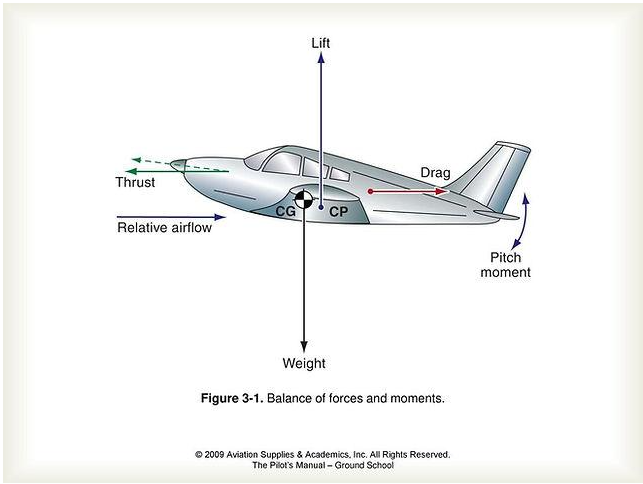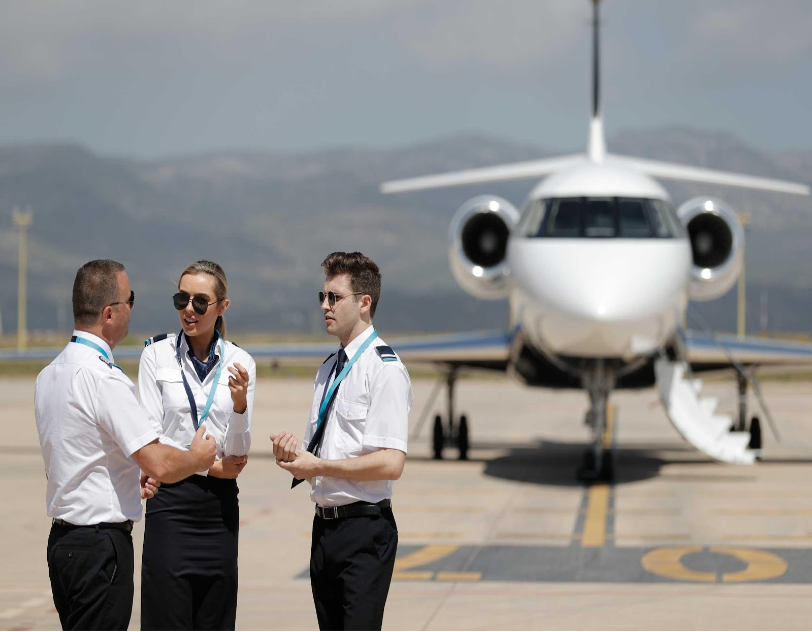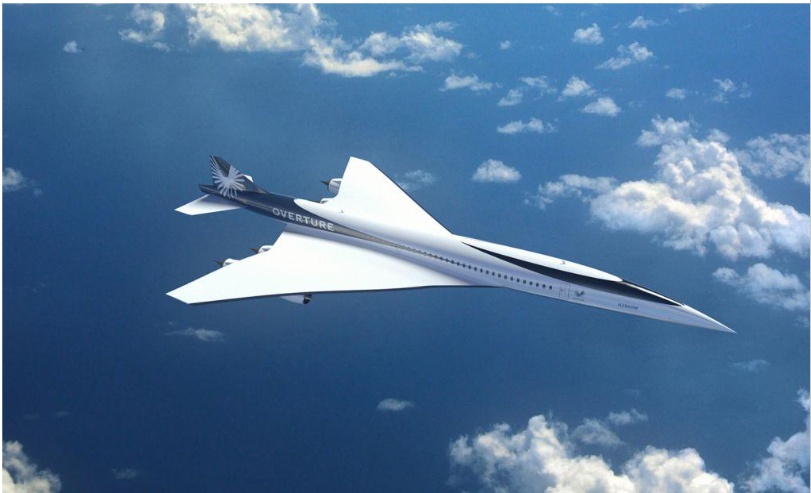Think of the kind of adrenaline rush one would feel if they pierced through clouds at an extraordinary height with lightning speed – it is as close to a heavenly experience.
That’s what you’ll be witnessing as a pilot every day. But getting a pilot’s license is no piece of cake in Canada. For months and MONTHS, it will test your limits, until flying becomes your second nature – not literally though.
So what will it take? Fundamentally, all you need to do is maintain a hellbent focus on your goal. You’ll be tested months in and months out with your will to stay consistent with every bit of your physical and mental facility.
Until you land on the sky.
But oftentimes, you’ll experience demotivation or lack of focus in this endeavor – it’s only natural. Flying would be the last thing you’d wanna do. This is where you’ll be in dire need of motivation and enthusiasm.
In this blog post, we will talk about exactly that.
The Challenges in Pilot Training
The pilot training really is a challenging course as it aims to test the mental and physical sustainability of an individual. It’s not all about just learning how to maneuver an aircraft; it’s all about perfecting the art of making optimal decisions under pressure, communication, navigation, and handling contingencies.
One of the likely challenges that the pilot trainees are expected to face is a hectic work schedule. The work schedule faced by a pilot is irregular and could involve long pilot training hours as well as travel on many occasions. This requires significant personal adjustments which often result in alterations of the biorhythm system of the body.
Another challenge includes pilot training in Canada cost of pilot school which may be relatively high. Besides that, the aviation industry is highly competitive, and therefore a lot of stress is imposed on an individual to be on top of everything.
It is also learning complex techniques such as landings especially those against crosswinds and meteorology. It all proves problematic to student pilots bearing in mind that communication with air traffic control often becomes quite difficult5.
Out of the whole, only about 50% of all student pilots wind up obtaining their private pilot certificate when probed. In fact, in some countries, the dropout rate is as high as 80 percent.
In a nutshell, the more one understands these challenges beforehand, the better prepared one can be mentally and physically for his journey ahead, and the focus of the individual remains intact on his goal to earn his wings.
Only one person in five actually makes it from first walking in the door of a flight school to becoming a certified pilot.
Tips to Stay Motivated During Pilot Training
To stay motivated, below are some of the major strategies that work in the long run.
Setting Clear and Attainable Goals
The setting of goals has been considered a strategy to maintain motivation in any field; equally true for the aviation sector. This gives learners a clear track to follow and something tangible to strive for.
It has been scientifically proven that individuals who have actually written out their goals are 42% more likely to achieve them.
Such pilots may go through a range of purposes, from attempting to master a certain maneuver to desiring to accomplish a certain number of pilot training hours.
Appreciating The Little Milestones
Pilot training can be a really long, grueling journey, rather intimidating at times. Cheers for the small victories make an elated mood and give a sense of accomplishment. This approach is also supported by Harvard Business Review which states how acknowledging small wins coaxes out better results in the longer run.
Maintaining a Positive Attitude
Having the right attitude enables one to overcome challenges. In a research study featured in the Journal of Personality and Social Psychology, it was found that people who maintain a positive attitude are more resilient and have a better way of handling issues during pilot training duration.
Trainees, who face setbacks or failure in the course of the pilot training course, should seek support from their mentors and other trainees ahead of them in different stages of their flight training courses.
Positive Attitude Towards Difficulties
Mentors and peers may encourage the aviation aspirant in different ways. Mentors provide guidance, as a sounding board for the student to bounce off of, while peers offer input and camaraderie. In pilot training, this could be study groups, working together in practice sessions, or just blowing off steam after a long day at the flight line.
Strategies for Improving Focus in Pilot Training
The growing focus in the sector of pilot training calls for a process having an increased number of strategies.
Regular Practice and Repetition
Consistent practice and repetition are contributing factors in the attainment of mastery of complex skills in aviation. Breaking large goals into small achievable ones and working on them daily immensely improved the aspect of focus and henceforth moved closer to meeting goals as noted by Redbird Flight Simulations.
This is associated with findings that declare repetition induces pathways in the mind that often hasten learning and enhance focus.
Techniques in Mindfulness and Meditation
Attention is a resource that aids in learning and it can be boosted by the application of mindfulness and meditation techniques. They help teach more attention span keeping the mind in the present rather than letting it wander off. A study from the American Psychological Association showed greater attention span and focus with mindfulness-based therapy.
Effective Time Management
The other essential strategy is effective time management. Most pilots have to carry out most of their activities simultaneously, which therefore calls for proper time utilization strategies in the process of pilot training duration. A successful aspirant understands that time is an asset and so it shall be utilized.
Leading a Healthy Lifestyle
In addition to the above, healthy habits such as adequate sleep, regular exercise regimes, and a balanced diet also contribute greatly to bringing on focus. The Sleep Foundation says that an average of 7-9 hours per night is essential for optimum cognitive function, whereas another report proves that regular physical activity enhances brain health – it leads to improved concentration.
Final Thoughts
Who wouldn’t want to fly?
If you really want to become a pilot in Canada, you really can owing to your hard work and consistency. And once you reach there, it’s so addictive!
As Leonardo da Vinci said once. “For once you have tasted flight you will walk the earth with your eyes turned skywards, for there you have been and there you long to return.”
Although pilot training in Canada cost may be higher, it is worth the effort. Best of luck for your career.








Leave A Comment